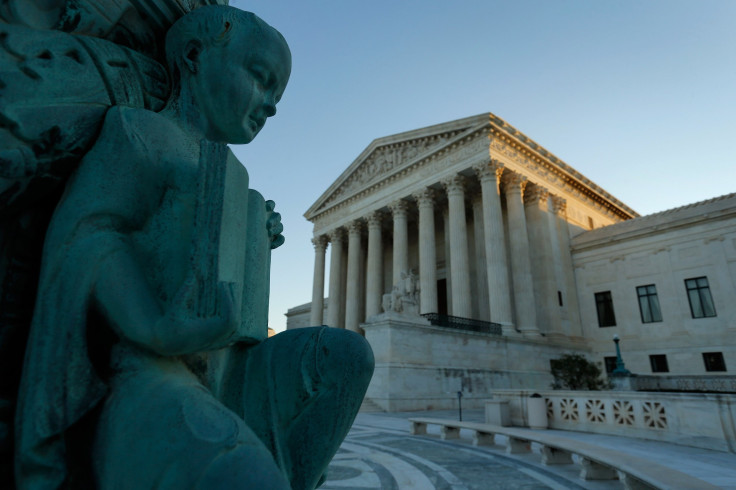After Supreme Court Henry Montgomery Ruling, 2,000 Convicted Juvenile Murderers Could Get Out Of Jail

Roughly 2,000 convicted juvenile murderers could soon be free; the Supreme Court ruled Monday to retroactively apply its 2012 decision banning automatic life-without-parole sentences for minors. The 6-3 ruling in the case of Henry Montgomery, a Louisiana man serving time for killing a sheriff’s deputy as a 17-year-old in 1963, could see Montgomery and other convicted murderers become eligible for parole or receive a new sentencing hearing.
“Prisoners like Montgomery must be given the opportunity to show their crime did not reflect irreparable corruption,” Justice Anthony Kennedy wrote for the majority. “And if it did not, their hope for some years of life outside prison walls must be restored.” Justices Antonin Scalia, Clarence Thomas and Samuel Alito dissented from Monday’s ruling.
Supreme Court rulings generally don't apply retroactively in criminal justice cases. But its 2012 Miller v. Alabama ruling raised questions for many about the constitutionality of allowing young criminals to serve life sentences. The 5-4 Miller ruling said such sentences violate the constitutional ban on cruel and unusual punishment because juveniles' brains aren’t fully developed when they commit the crimes, among other reasons.
“With this landmark ruling, the United States is no longer an egregious outlier among nations in requiring judges to put kids in prison until they die there,” Alison Parker, U.S. program director at Human Rights Watch, said at the time. “The court did not go far enough, still allowing the sentence in rare cases, but it recognized that it is nearly impossible to be certain that any child is beyond redemption — and that the U.S. criminal justice system needs to change to reflect this fact.”
Montgomery shot and killed Charles Hurt in East Baton Rouge, Louisiana. He was originally sentenced to death, but the Louisiana Supreme Court later reduced his sentence because it was widely believed that Montgomery didn’t get a fair trial in the racially charged atmosphere of the South at the time.
“We know that going forward we can’t [give a mandatory sentence to] kids for life without parole — the Supreme Court made that clear. But the argument has been: ‘What about those kids who were sentenced before the 2012 decision? Mr. Montgomery is one of those. What about him?’” Perry Moriearty, a professor at the University of Minnesota Law School, who has written about retroactivity, told International Business Times in October.
© Copyright IBTimes 2024. All rights reserved.






















